
It’s a new year, which means there are 365 days full of possibilities. For motivation, start your day with two goals.
Having goals to approach each new day sets you up for success. If you’re feeling burned out or need motivation, it’s difficult to get your swagger back. These two goals can help. They’ve worked for me and I know they’ll work for you.
Here’s how to start your day – say the following two sentences every morning. It’s a potent way to set intentions for the day. And, the motivation of achieving these goals will give you energy.
Most importantly, making these goals a habit could transform your life.
1) “Who am I going to help today?”
Make it a goal to help one person every day. Forget the other metrics or quotas you have. Focus on that one person. That’s the only quota you have.
Don’t worry. There will be one person that needs you and you’ll know who it is by the tone in their voice, their demeanor, or the directness of their email.
Be the person they need at that moment. You’ll feel good about helping and at the end of the day you’ll feel a sense of accomplishment. In no time you’ll be helping more than one person a day.
And as a bonus, whatever quotas you’ve been ignoring will be achieved. By helping others, you’ll get what you want.
2) “What’s going to happen to me today that’s never happened before?”
There’s going to be an interruption or disruption in your day. Build it into your schedule so it doesn’t derail you.
Take it as an opportunity to learn something new.
To make the experience more powerful:
A) Document what you did to fix it.
B) Share the solution with others.
By doing this you’ll be viewed as an expert by your peers and as a leader by your bosses.
Live with these two simple sentences, “Who am I going to help today?” and “What’s going to happen to me today that’s never happened before?”, each day for the next month.
Make them a part of your daily routine. Embody what they mean and let me know how these goals impact you over the next 30 days.
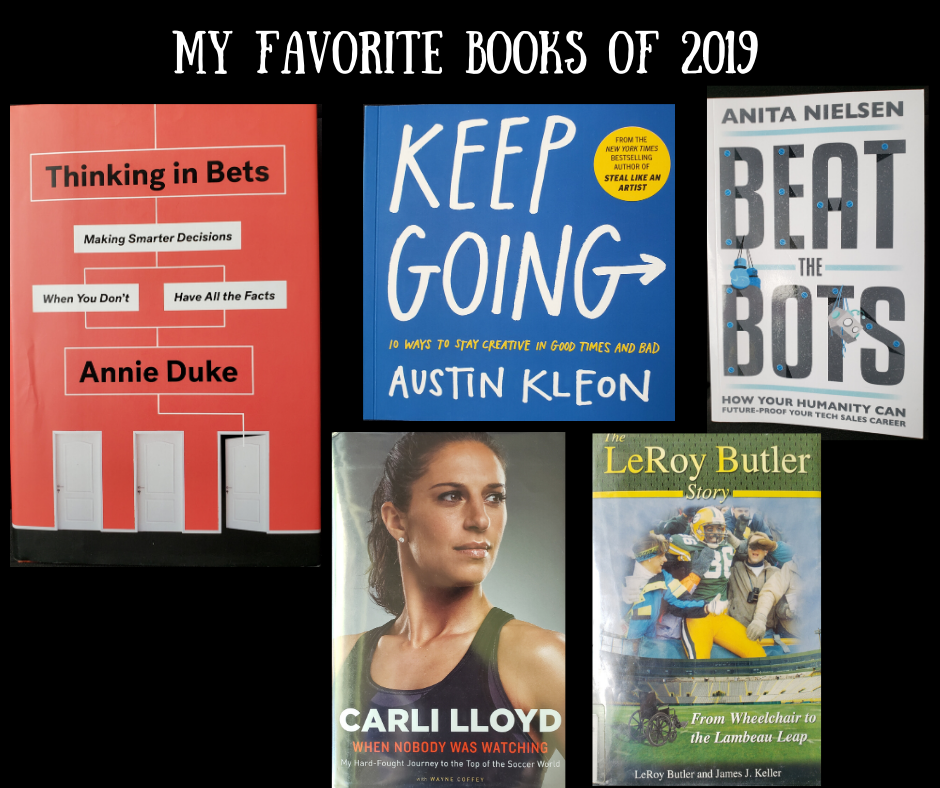
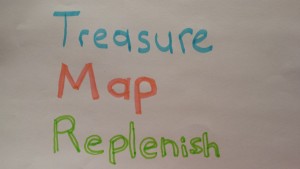

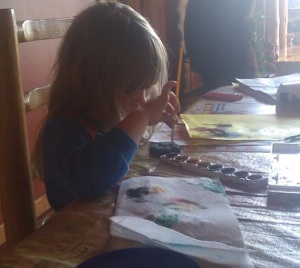

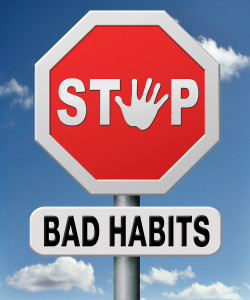

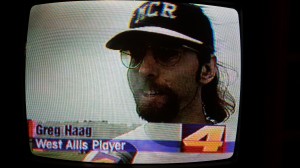
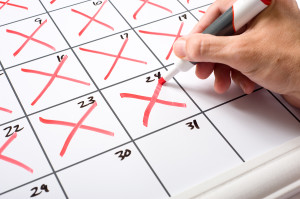
Follow Me!